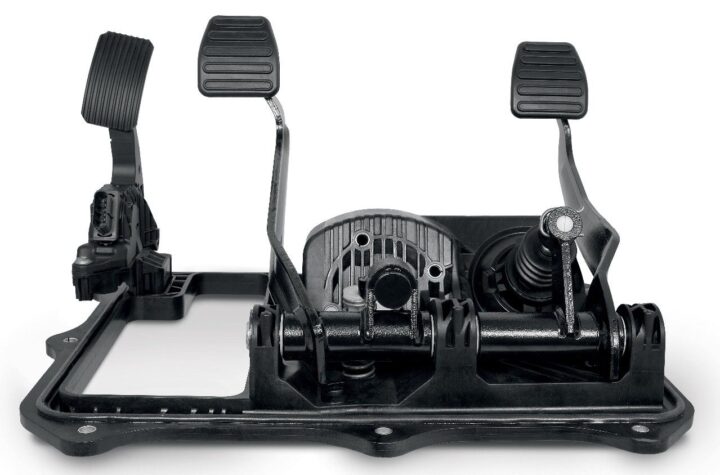Keeping track of your fleet’s performance is more than just knowing where your vehicles are—it is about maximising efficiency, improving safety, and cutting costs.
But with so much data available, which metrics matter most? Here are five critical tracking metrics every fleet manager should prioritise.
Fuel consumption efficiency

Fuel costs are a significant expense in fleet operations. Monitoring fuel usage can reveal inefficiencies caused by poor driving habits, suboptimal routes, or even mechanical issues.
Regularly reviewing fuel consumption per vehicle and comparing it to industry benchmarks helps you identify patterns and take corrective actions.
For instance, data showing excessive fuel usage on specific routes might prompt a reevaluation of those paths, saving both time and money.
Vehicle utilisation rates
Underused vehicles can drain resources unnecessarily. Monitoring utilisation rates ensures your fleet is operating at its full potential.
Metrics like average miles driven per vehicle, hours in operation, or vehicle downtime can help you decide whether to redistribute vehicles or even reduce the size of your fleet.
Properly utilising your fleet is not just about saving money—it is about ensuring you’re meeting demand efficiently without overextending resources.
Additionally, using track systems can provide real-time insights to maximise vehicle usage and enhance overall efficiency.
Driver behaviour patterns
Unsafe driving behaviours, such as speeding, harsh braking, or excessive idling, can increase operational costs and risk. Tracking these behaviours helps you promote safety across your team and maintain your fleet’s reputation.
By addressing poor driving habits, you’ll reduce the likelihood of accidents and the wear and tear on your vehicles.
The data provided by track systems for trucks can be instrumental in identifying areas where driver training may be beneficial, improving both safety and efficiency.
Maintenance schedules and health
Proactive maintenance is vital for avoiding costly repairs and unexpected downtime.
Keeping track of maintenance schedules ensures that vehicles are serviced on time, reducing the risk of breakdowns.
Metrics like mileage since the last service or average repair costs per vehicle allow you to predict potential issues and budget more effectively.
A well-maintained fleet not only ensures reliability but also contributes to lower overall operational costs.
Delivery times and route efficiency
Timely deliveries are at the heart of customer satisfaction. Tracking delivery times and analysing route efficiency can reveal bottlenecks and opportunities for improvement. Are drivers taking unnecessarily long routes?
Are there delays due to traffic? Monitoring these metrics ensures your fleet is operating as efficiently as possible while meeting customer expectations.
Over time, optimised routes can significantly enhance performance and reduce costs.
Optimising operations for long-term success
Tracking these five metrics is not about gathering data for the sake of it; it is about using that data to make informed decisions.
From reducing fuel costs to improving driver safety, the insights gained can transform the way you manage your fleet.
By focusing on these key areas, you will create a fleet operation that is efficient, reliable, and ready to meet the demands of your business.






More Stories
How to Create the Ultimate Off-Road Vehicle Garage: A Practical Guide
Automotive Industries Top Auto Shipping Companies, Ranked
Port of Koper – Adding value at Mediterranean port gateway